Since 2005 UK online bingo has grown from being a fringe activity, in which hundreds participated in, to a multi million pound industry in which hundreds of thousands of consumers participate in every month. Land based Bingo companies have rushed to take advantage with companies like Mecca Bingo and Bucky Bingo quickly setting up online bingo sites. The rapid growth of online bingo has meant that bingo companies now believe that the next ten years could be a golden decade for the industry. But with rising participation levels and rumblings from UK conservatives, who are likely to form the next government, are there problems ahead for UK online bingo?
The growth of UK online bingo has been built primarily on the back of some massively successful television advertising campaigns which have significantly broadened bingo’s appeal. Companies like Cashcade and Gala Coral have spent millions of pounds on creating and broadcasting high quality television for their brands such as Gala Bingo, Foxy Bingo and Cheeky Bingo online. Glossy TV adverts “with an everyone’s doing it ” message have regularly appeared for bingo in the commercial breaks for top rated soap operas and even breakfast television. The effect of this mainstream marketing would seem to be that online bingo’s profile amongst consumers has grown significantly over the last 2 years. It also seems reasonable to believe that the growth of participation in online bingo as a mainstream leisure activity is in no small measure attributable to the television campaigns. So a clear case of mainstream commercial advertising helping to create and grow an industry which should now firmly considered mainstream leisure? Not quite-and the reasons for this can be found in the cultural position that Bingo has occupied in the UK over the last 40 years.
In the UK playing bingo in bingo clubs has been a very popular activity since it was regulated with 1968 gaming Act. With more people participating in playing bingo on a weekly basis than watching football matches Bingo was a mass participation activity. Even today if you consider playing Bingo in a club in the same category as fishing or playing sport then it’s still right up there in the top five participatory leisure activities in the UK. But culturally, club Bingo has always remained firmly on the fringes of the mainstream with popular culture and commentators treating it with a combination of patronising comment and sarcasms. Further evidence for the marginal position that bingo has occupied in UK society is found in the treatment Bingo has received from successive governments. Over the last 40 years Bingo on land has been variously taxed, regulated and minimised by which ever colour of government you care to name. The latest assault on bingo has been the government’s announcement of an increase in duty on bingo revenue from 15% to 22%. The reasons for this marginalisation are many, but the main one is that bingo has always been considered as gambling and this has made it a soft target for social commentators and governments alike. If you need any cultural evidence think of the context in which phrases like “Bingo wings”, “Bingo grannies” and “Blue rinse brigade” are used.
Even although it has been criticised in the past, Bingo in clubs, unlike online bingo, has always been able to defend itself on the basis of the social gaming and social environment that the gambling takes place in. Bingo on land has also always had a limited range of gambling opportunities other than bingo games, with slots and other casino games strictly limited. Conversely online bingo has rapidly expanded the number of gambling opportunities that bingo players have available to them. It is the expansion of other gambling opportunities inside online bingo sites which could cause the online bingo industry problems in the future.
In the 2007 British Gambling prevalence study by the Gambling Commission, just 3% of the population reported that they took part in online gaming (bingo, poker and casinos). The highest prevalence of problem gambling, which is the most likely driver of any new regulation of online bingo, was just 0.6% and only 7.4% of total problem gamblers indicating that they took part in online gambling. There were no figures specifying the level of participation in online bingo, but bingo played in clubs accounted for a very small proportion of problem gamblers. The problem for online bingo is that the 2010 prevalence study could well show a significant growth in problem gamblers reporting that they play bingo. It is unlikely that the number of problem gamblers playing bingo will have increased, but what will have happened is that players, having developed problems on harder gaming in online bingo environments, will also report themselves as being a bingo player. Therefore it looks odds on that there will be a large reported increase in 2010 of the number of problem gamblers who play online bingo.
Without a careful and considered response from the online bingo industry there could well be moves to limit the “harm” that political opinion may consider online bingo to be causing.
By Sam Cook
Sam Cook is a freelance author writes articles on various game related topics. For more information on Online Bingo Games and Bingo Websites he suggests you to visit http://www.freebingohunter.com

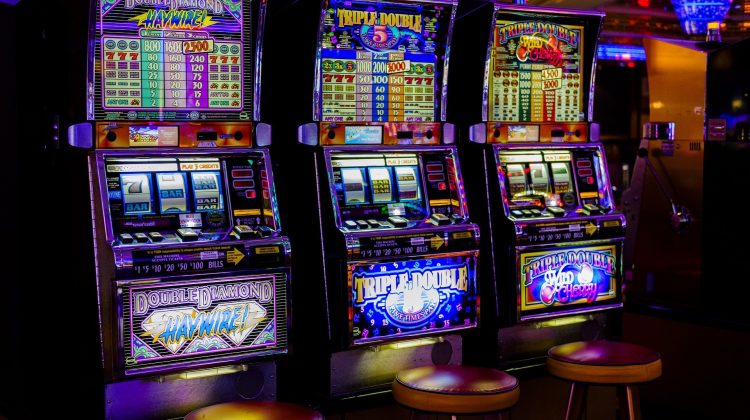

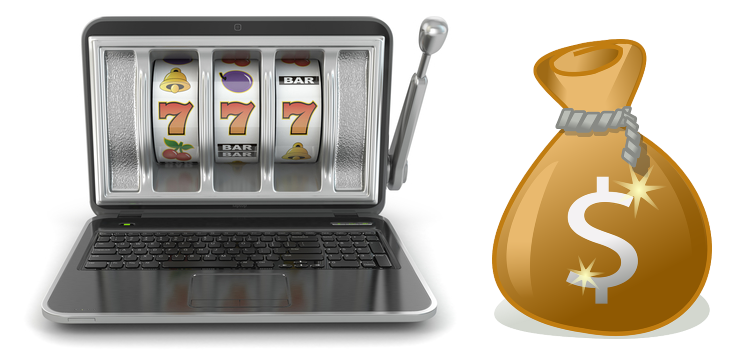




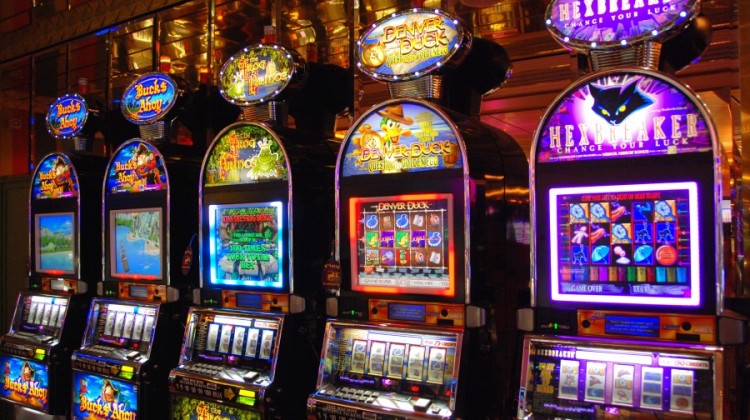
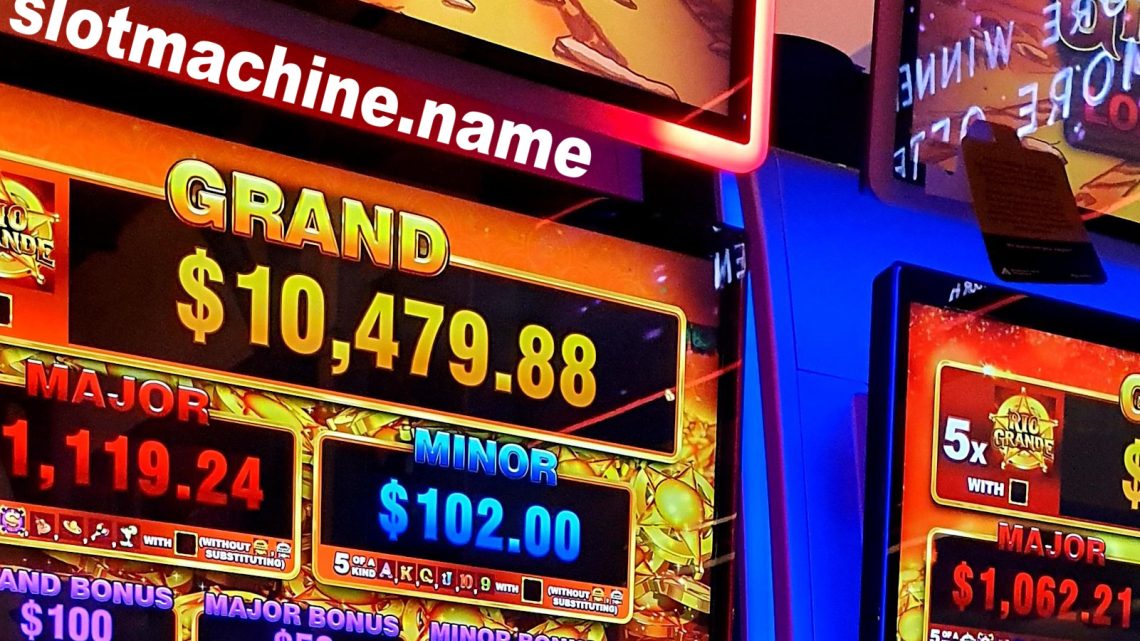
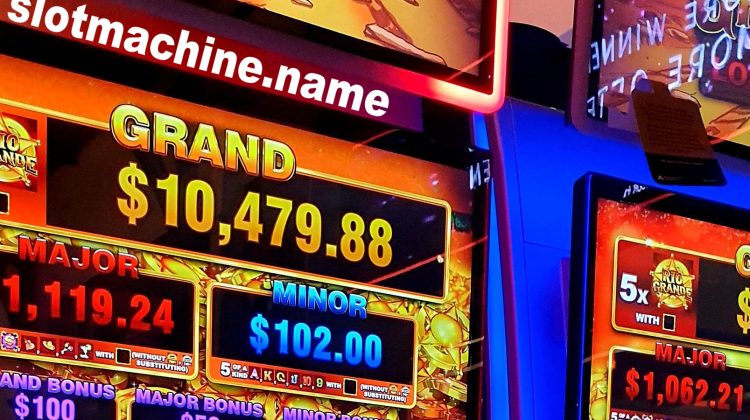
No Comment